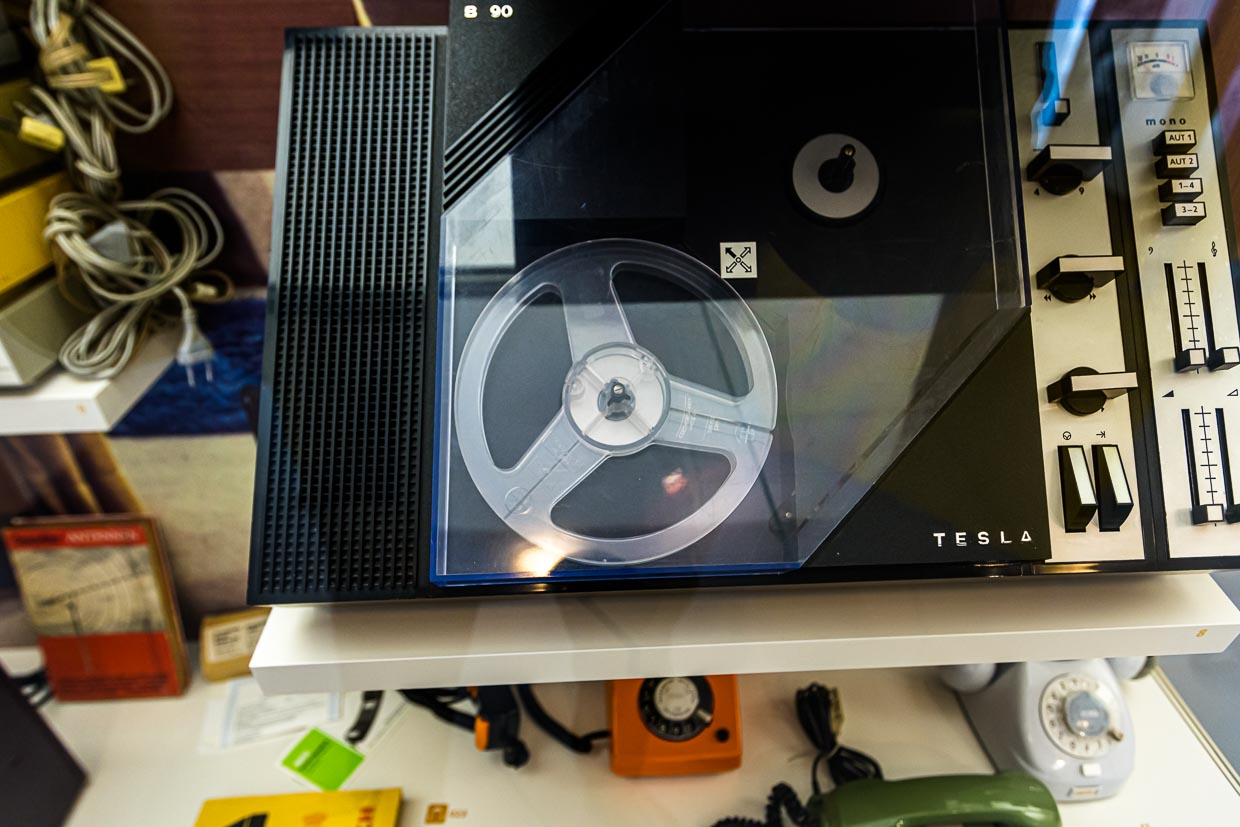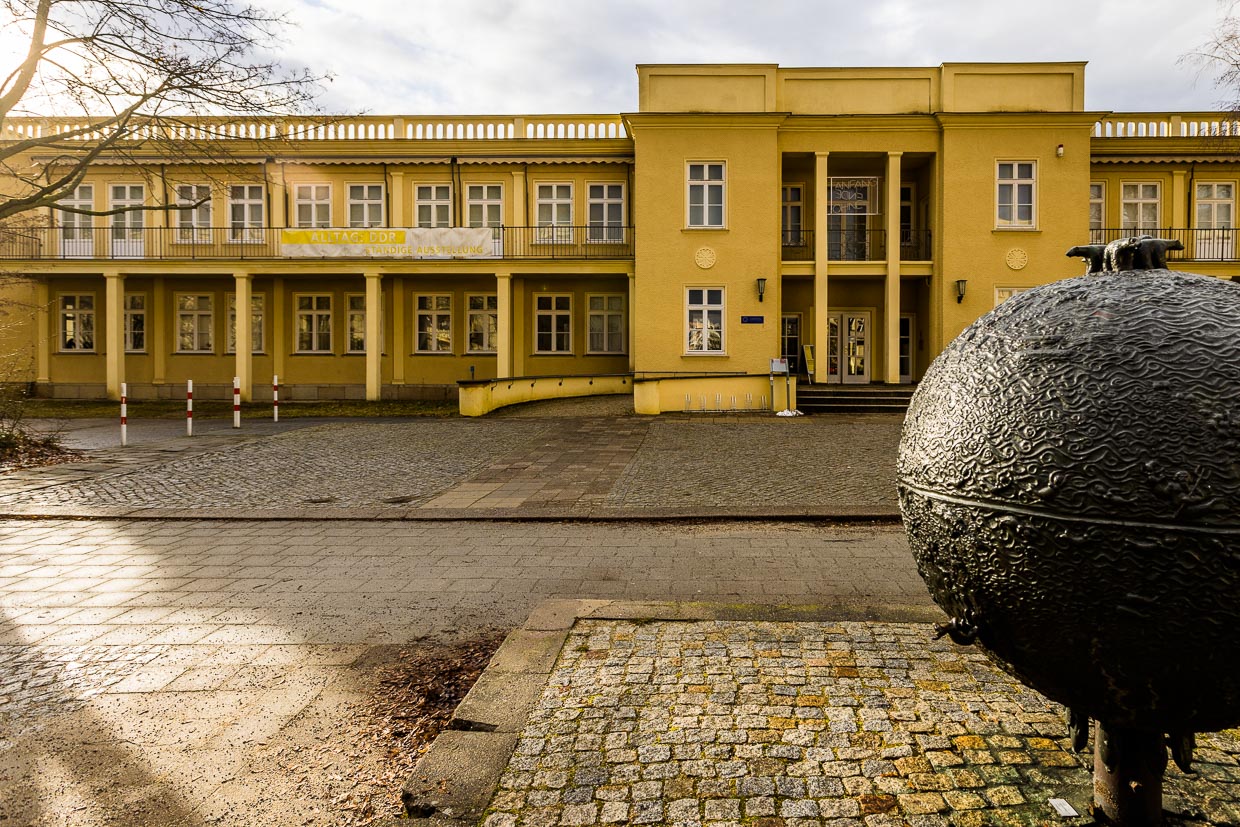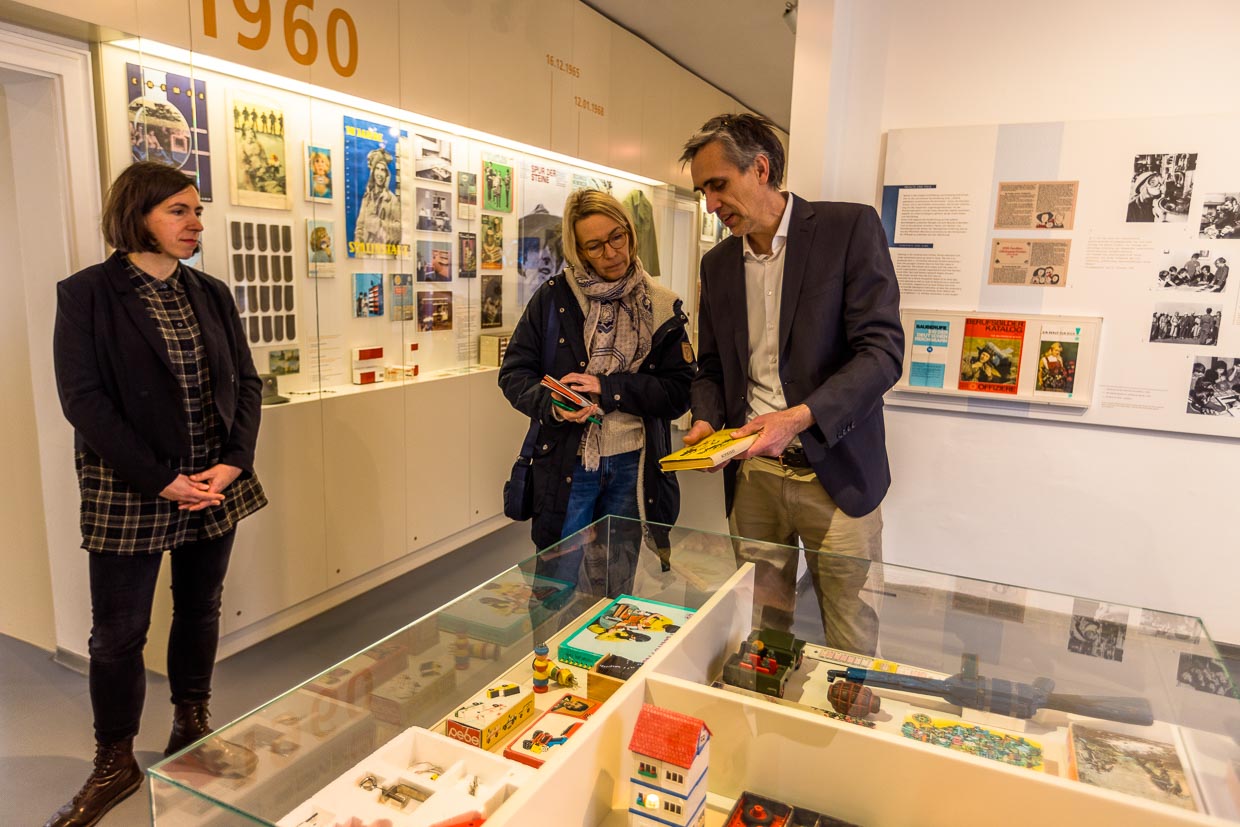When I think of Tesla, I think of Gigafactory in Brandenburg, of e-mobility and the strange Mr. Musk. The Museum for Utopia and Everyday Life in Eisenhüttenstadt, also in Brandenburg, recalls the everyday culture of the GDR. There we come across a Tesla brand tape recorder. From the mid-1960s, tape recorders were purchased in the GDR from the friendly ČSSR. The brand Tesla supplied the GDR citizens with the economically insignificant hobby devices. The Tesla carmaker from Texas, in turn, fought with the tradition-laden Czech electrical appliance brand over Tesla naming rights in the 2000s.

With enough money, the U.S. carmakers were able to settle the trademark dispute in 2010. Since then, Tesla has been synonymous with electric cars for most people around the world. In both the Czech Republic and the U.S., the company name refers to the ingenious physicist and electrical engineer Nikola Tesla. He was born in 1856 to Serbian parents in what is now Croatia and died in New York in 1943. Between the 19th and 20th centuries, Nikola Tesla, who studied in Graz and Prague, made numerous inventions and discoveries that, among other things, helped make electric cars possible in the first place. He also spent much of his life in the United States. Life could hardly be more cosmopolitan.
So the dispute between Serbia and Croatia over the scientist Tesla seems rather petty. For many years now, Nikola Tesla has graced the Serbian 100-dinar note, as he is considered one of their own due to his Serbian parents. Croatia has been a member of the Eurozone since January 2023, and the image of the scientist was stamped on Croatian 10-, 20- and 50-cent coins to great popular acclaim. After all, Tesla was born in what is now a Croatian village. Serbia has been accusing Croatia of appropriating the cultural and scientific heritage of the Serbian people since the Tesla coin plans became known. Still going? Shouldn’t science be limitless?
In any case, I am glad that since my visit to the Museum Utopia and Everyday Life, when I hear the name Tesla, I no longer think only of electric cars, but above all of a brilliant scientist and citizen of the world.

Speaking of borders, whether in the mind or on the map, the Museum of Utopia and Everyday Life is running until the end of April 2023 the special exhibition Borders of Friendship. Tourism between the GDR, Poland and ČSSR.

The permanent exhibition at the Museum Eisenhüttenstadt introduces visitors to everyday life, politics and society in the GDR and shows the various facets of everyday life in the GDR in the family and at work, reports on consumption, education and communication possibilities. Other rooms explain the system of rule in the GDR, shed light on the so-called socialist way of life and report on the oppositional milieus of the 1980s. More about the museum in Eisenhüttenstadt here.

